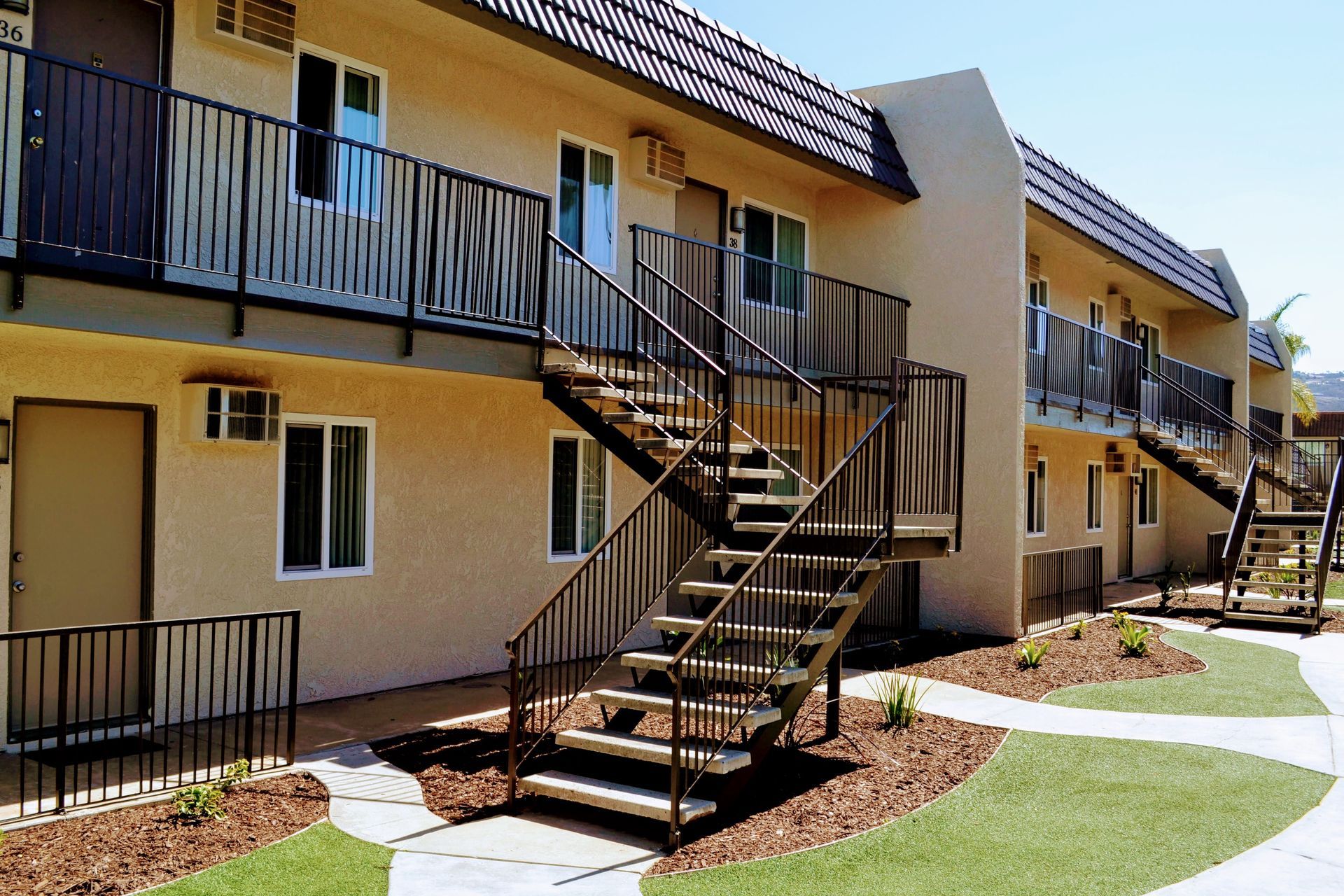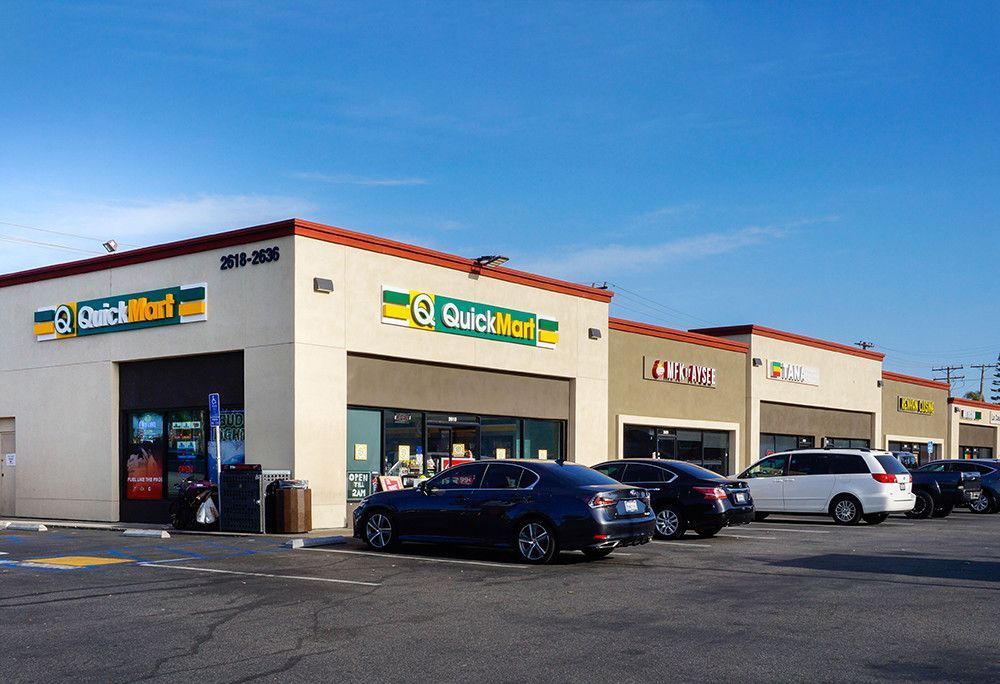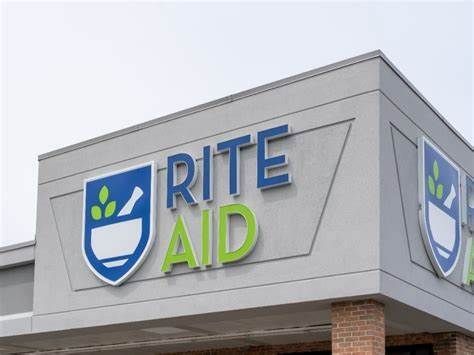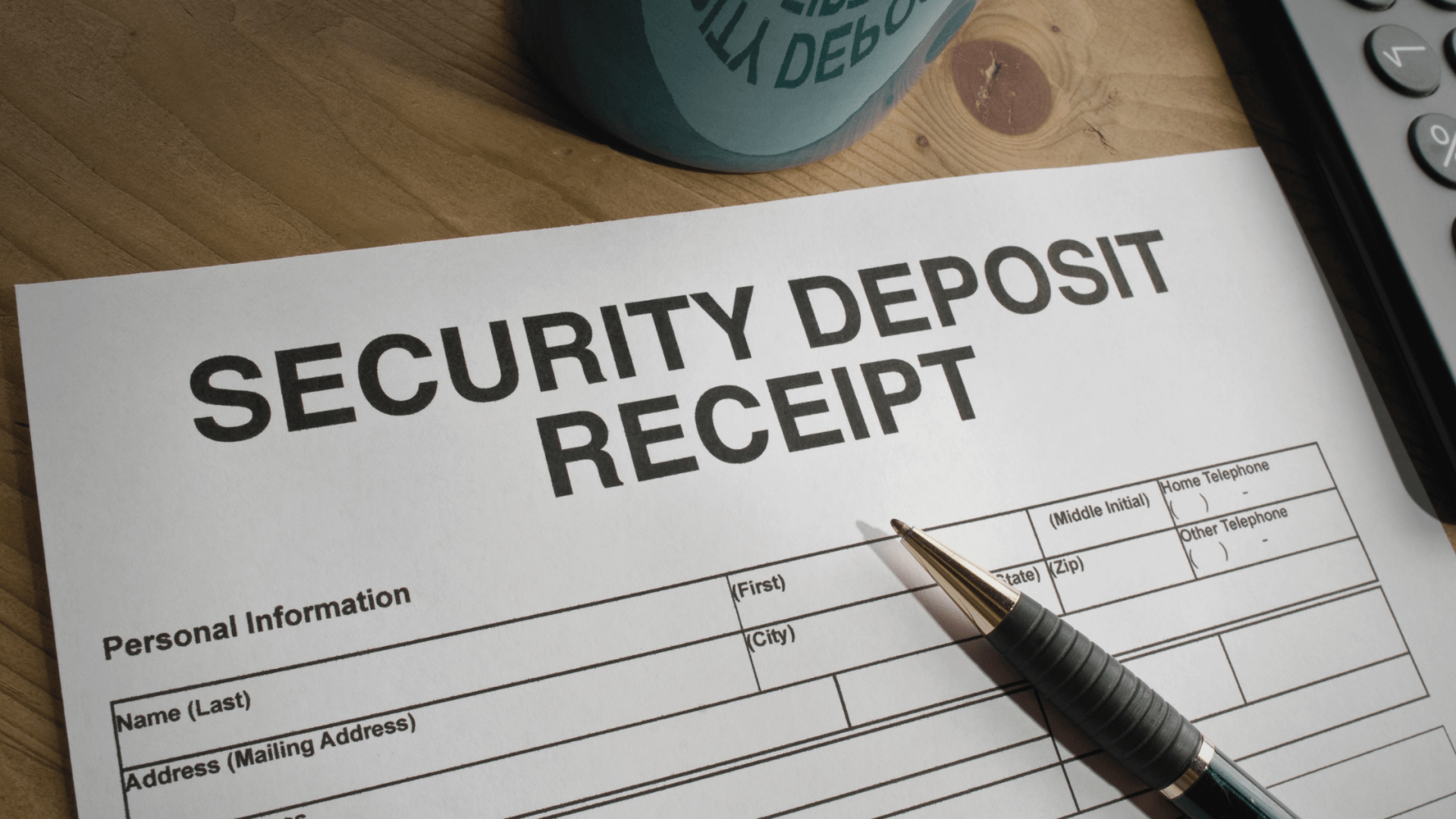Protecting Your Property and Your Tenants by Preparing for the Unexpected
As a landlord, ensuring the safety and well-being of your tenants should always be a top priority. One way to do this is by creating and maintaining an effective emergency plan. June is an ideal time to review your emergency plans, including evacuation plans and severe weather plans, to ensure that they are up-to-date and effective.
There are various types of emergencies that could impact your rental property, such as severe weather, fires, gas leaks, medical emergencies, earthquakes, and cybersecurity breaches. Each of these emergencies requires a unique response and preparedness plan to ensure the safety of tenants and minimize property damage.
- Gas leaks: Gas leaks can pose a serious threat to the safety of your tenants and the property. In the event of a gas leak, your emergency plan should include procedures for evacuating the building and contacting the gas company and emergency services.
- Earthquakes: If your rental property is located in an area prone to earthquakes, it is important to have an earthquake emergency plan in place. This plan should include procedures for evacuation, communication, and safety measures to prevent injuries or damage to the property.
- Medical emergencies: Medical emergencies can happen at any time, and it is important to have a plan in place to ensure that your tenants receive the medical attention they need quickly and efficiently. This could involve having first aid kits on hand, designating a specific staff member to provide medical assistance, or having emergency medical services on call.
- Cybersecurity breaches: With the increasing reliance on technology and online systems, cybersecurity breaches have become a major concern for property managers and landlords. A cybersecurity emergency plan should include procedures for detecting and responding to data breaches, securing sensitive information, and preventing future breaches.
Creating an emergency plan involves careful consideration of the specific needs of your tenants, including any disabilities or mobility issues. Your plan should outline clear procedures for evacuation, communication, and emergency contacts. Designate specific roles and responsibilities for all parties involved, including tenants, property management staff, and emergency responders.
Once you have created your emergency plan, it is vital to communicate it to all tenants and ensure that they understand the procedures and protocols outlined in the plan. You can achieve this by providing regular communication and training sessions.
If you need assistance creating or updating your emergency plan, consider reaching out to property management firms for guidance. Experienced property management professionals, like the team at Coastline Equity, can provide expert guidance on how to create a plan tailored to your specific property and its unique needs.
In conclusion, reviewing your emergency plans in June is a critical step in ensuring the safety and well-being of your tenants. By reviewing and updating your emergency plans regularly, you can help to ensure that you are prepared for any emergency that may arise at your rental property. Contact the experienced professionals at Coastline Equity or other property management firms for assistance with creating or updating your emergency plans today.
Property Management Made Easy
Contact Us - Contact Page
We will get back to you as soon as possible
Please try again later
Los Angeles
1411 W. 190th St.,
Suite 225
Los Angeles, CA 90248
Temecula
41743 Enterprise Circle N.,
Suite 207
Temecula, CA 92590

P.O. BOX #1489
TORRANCE, CA 90505








